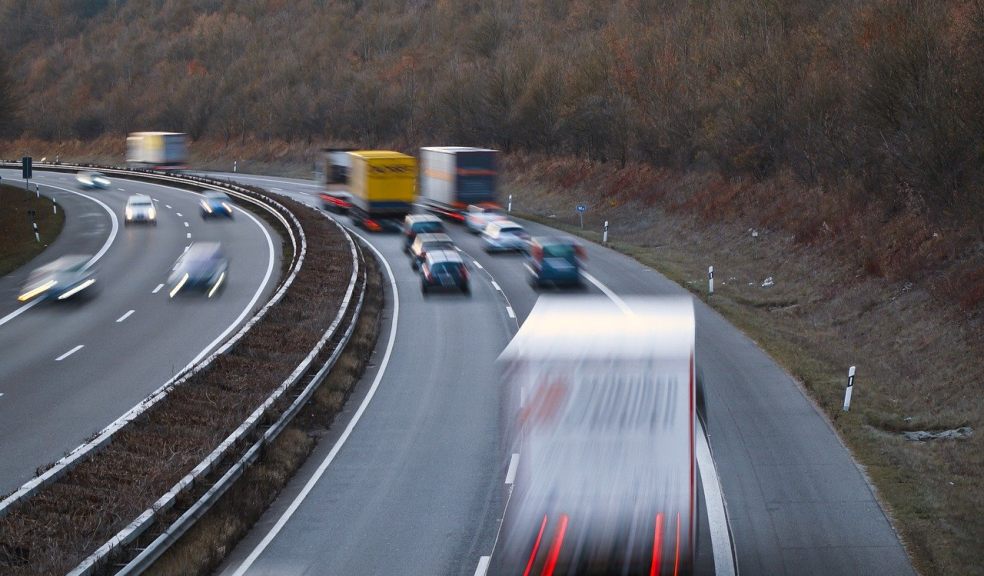
Challenges facing the south west's haulage industry in 2020
We are just a couple of months into 2020 and it has already been a roller-coaster of a year. From politics to public shifts in behaviour, if this year promises one thing it is unpredictability and new challenges across all industries, not least haulage in the South West.
In this article, we take a look at 4 of the biggest challenges and opportunities that we are likely to see in the South West hauling industry this year. Gaining an awareness of these challenges is a good way to ensure you are prepared and ready to adapt when required.
Brexit
We can’t get away from the news around Brexit, so it seems like an obvious place to start.
The UK has now officially left the EU, with a transition period running until the end of the year. This means the next few months are guaranteed to lend some clarity to what Brexit actually means for the South West’s haulage industry.
The government have already released some information on new immigration plans, highlighting that low-skilled workers from EU countries are unlikely to be able to secure visas in the UK. This is likely to impact the haulage industry, especially in the warehousing space.
The South West’s airports and ports are also likely to see new rules and regulations over the coming year. It is hard to say whether this will positivity or negatively impact haulage businesses and professionals.
Brexit may also see the cost of purchasing vehicles used in the haulage industry more expensive, especially when they have been built in Europe. This could lead to a drop in truck sales and a rise in specialist repairers, refurbishes and pre-owned sellers across the UK.
Environmental Impacts
Public pressure across the UK is forcing the government's hand in ramping up efforts in delivering a greener country. This is already having a big impact on the haulage industry and is set to continue.
Globally, we are seeing a shift in an attempt to make haulage a more sustainable industry. With businesses like Tesla focusing on delivering a more environmentally friendly electric lorry in 2020.
Locally, many councils are undertaking initiatives to lower their carbon footprint. This spans from higher taxes for high-polluting businesses through to anti-idling campaigns being run in major cities such as Bristol.
In 2020, we are likely to see more responsibility being taken on by local councils in the South West, which may well have an impact on the infrastructure used by the haulage industry.
Technology
Technology is disrupting every industry in some way and haulage is certainly one of them.
The continued development of artificial intelligence is set to change many aspects of the haulage space. For example, AI is already used extensively across e-commerce which relies heavily on haulage to deliver products.
In 2020 we may see AI being introduced in areas which are currently fairly low-tech in their execution such as proof of delivery, tracking and loan specifications.
Infrastructure Development
Developments in infrastructure have always had an impact on the haulage industry and will continue to do so into 2020.
Across the South West, there are many plans for new and updated road infrastructure which is likely to make accessibility to key sites easier.
However, due to environmental efforts, councils may also make access more difficult for hauling businesses, especially in city centres. Exeter council have announced that a key plan for 2020 is ‘tackling congestion and accessibility’. This could see some areas, which are currently accessible, being inaccessible or with limited accessibility in the coming months.
2020 is going to be a challenging year for the South West’s hauling industry with many changes taking place. However, these changes are also likely to uncover many opportunities for hauling businesses that can adapt quickly and take advantage of them.




















